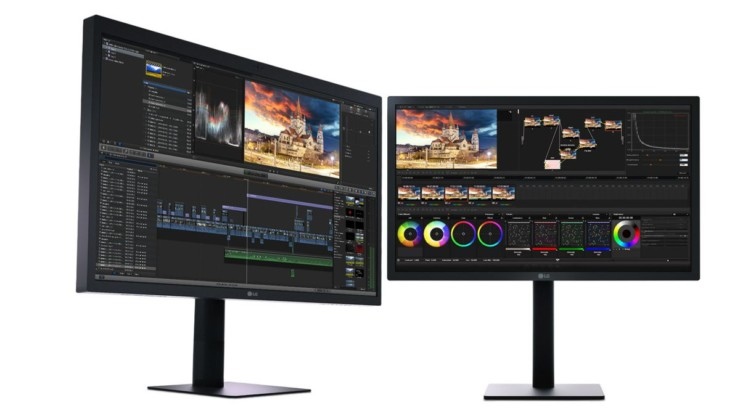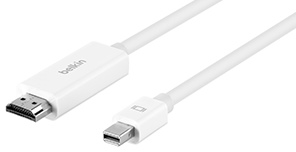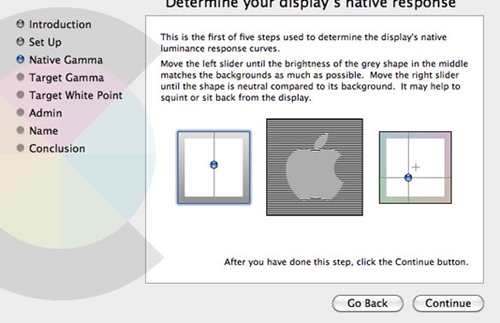In this article, we will be covering how to set up high-resolution displays (4K and 5K) with our Mac and adjusting colors. Moreover, we will be covering different refresh rate that they can follow.
How to Use 4K and 5K displays with your Apple MAC
Let’s proceed with step by step guide to implementing this 4K or 5K Display on your Mac. Steps might seem to be complicated but don’t worry you can easily implement them rather you a tech guy or not as we simply explained them. So follow the steps below to proceed.
Determining if our Mac is compatible with 4K and 5K displays:
Macs produced since 2013 are compatible with 4K displays, mostly, with varying refresh rates. And all Macs produced after 2016 are certainly compatible with it, but all of them might not be able to handle same refresh rate configuration. Checking for compatibility of your respective model number with 4K displays online might help. Also, most of them might be compatible with 5K displays with lowered refresh rate (24Hz) with a resolution of 4096 X 2160.
Cable selection for your display
The best option here is using an HDMI cable as other ports are much common to be used for other purposes. Now here, the refresh rate of your display will depend on the version number of HDMI cable. However, there are other options also that you may explore. For displaying 60Hz on a Mac that supports 60Hz using a cable of up to 30Hz support would not work. Similarly, you’ll need a 30Hz supporting cable for a 30Hz display on a Mac supporting up to 30Hz. Hence, it is important to check for compatibility among the configurations of your cable and hardware.
Configuring UI elements (Scaling)
After connecting your 4K display to your Mac with a cable of your choice, just power on display. As stated earlier, UI elements scaling might not be automatic, but it can be fixed easily. Launch “System Preferences” and select “Displays.” Now change from “Default for Display” to “Scaled.”The different refresh rate will set automatically if graphical scaling is displayed, and manual scaling will be available if you wish to do so. Just move the slider across to make changes in The different refresh rate will set automatically if graphical scaling is displayed, and manual scaling will be available if you wish to do so. Just move the slider across to make changes in the appearance of UI elements. Now if in case scaling is unavailable, the different refresh rate will need to be adjusted, and resolution scaling will need to be done for optimal appearance of UI elements. Mostly with most displays, the option with 1920 Xx 1080 proves to be best. For instance, by choosing 1920 X 1080, the resolution will be changed to 1920 X 1080. The elements will be visible as they would on a 1920 X 1080 display. This makes the icons and UI elements to be of the same configuration as they were on display with selected resolution.
Color adjustment on the Display
Checking that colors on display appear accurately as they would-would appear on display of any other device is important. To adjust the colors of your display, click on “Displays” in “System Preferences” and click on “Color” from the menu bar. Click on “Calibrate” and go with the on-screen options to create what we call a calibration profile. You make also like to use the tools already present in the monitor or make use of pre-installed features and profiles to make adjustments in contrast and brightness, which goes as follows. With the advancing technologies and prices of high-resolution displays coming down, it’s time to upgrade your old displays to 4K displays now. Perhaps 4K and 5K displays might not be readily compatible with the present Mac machines, but with a few technical changes, there is always a way out. Hope you like the tutorial, keep on sharing with others too. Leave a comment below if you have any related queries with this tutorial as we will always be here for all our techviral users to assist.



